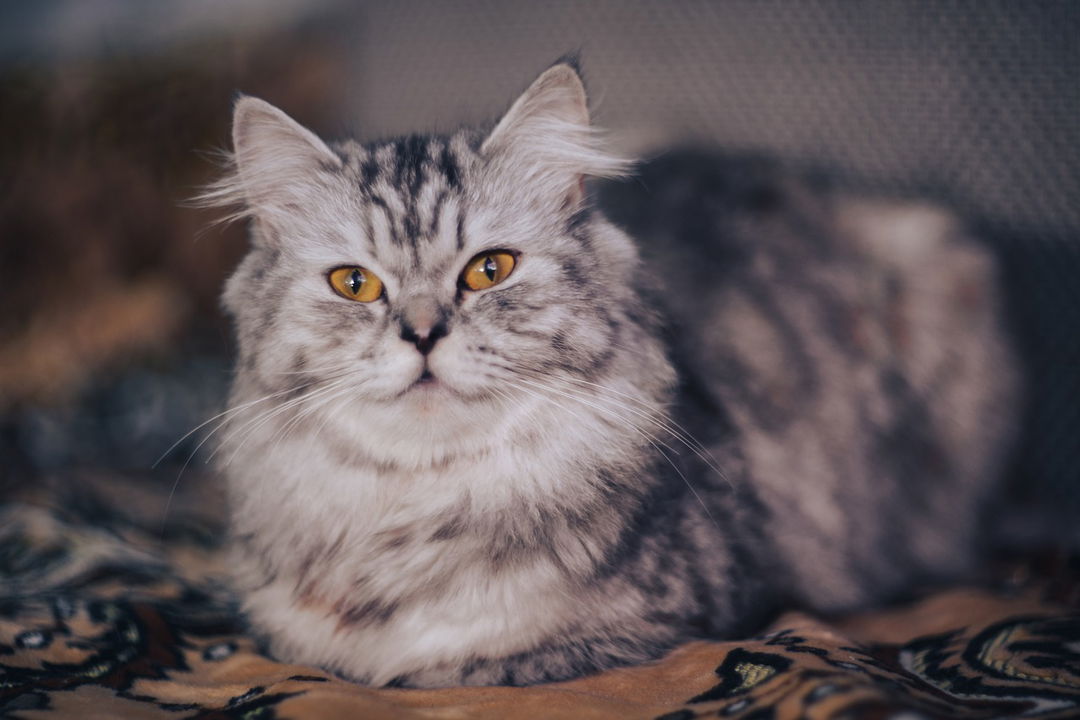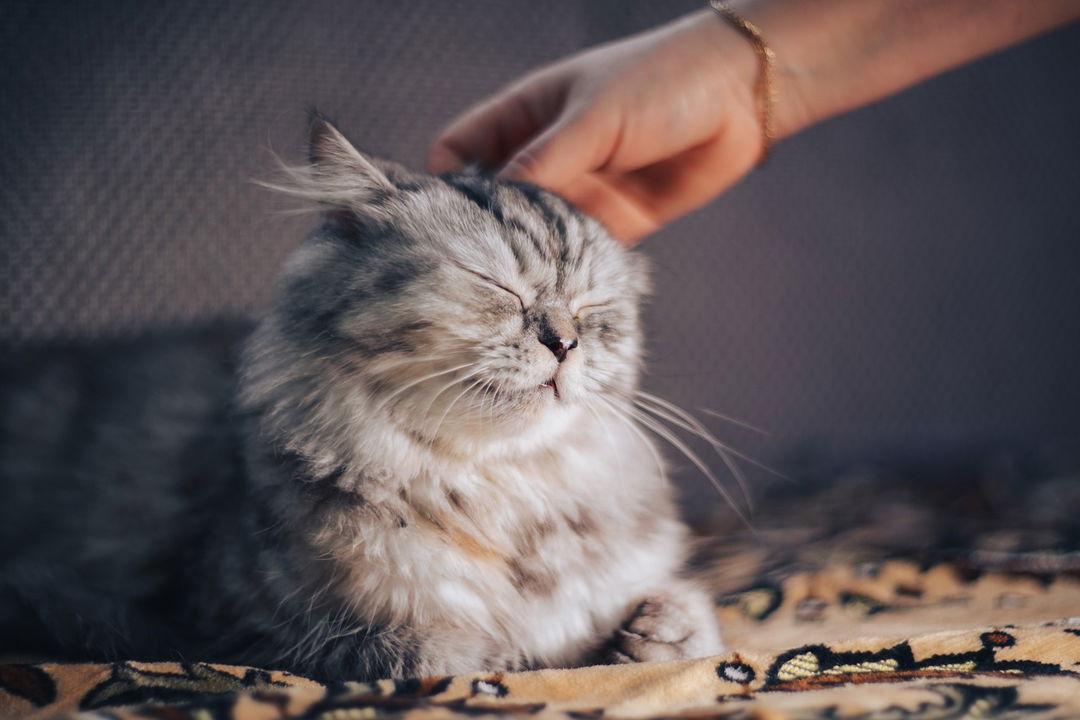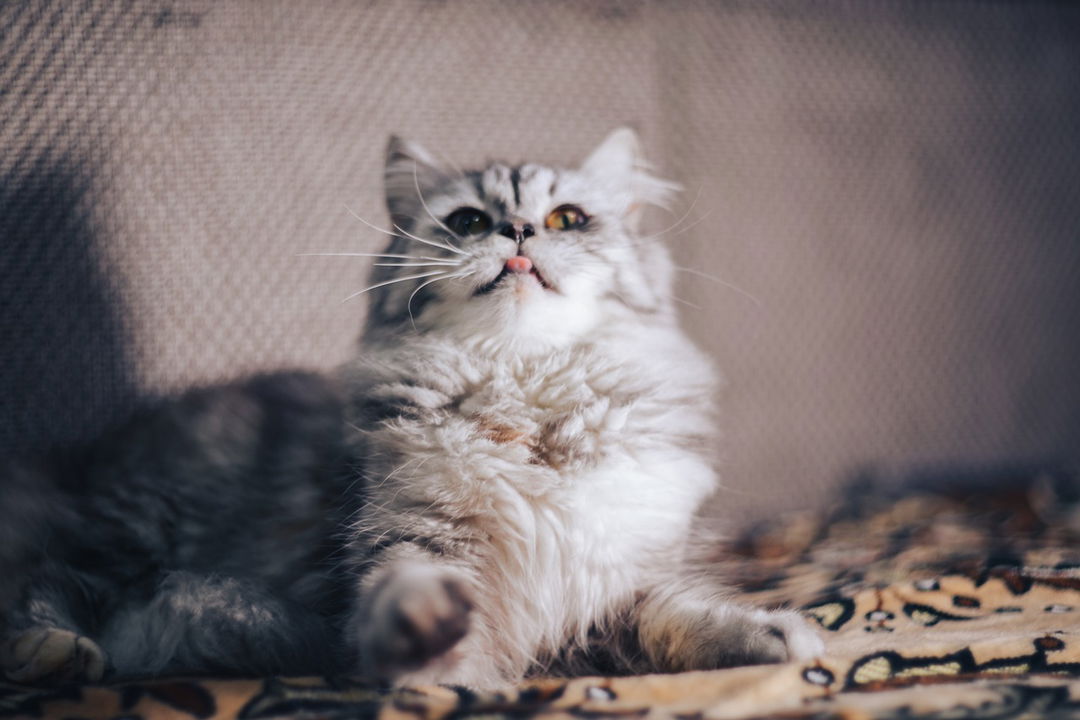Are Persian Cats Sensitive

When it comes to feline breeds, Persian cats are one of the most popular and beloved. They are well-known for their luxurious coats, round faces, and gentle personalities. Yet, there is a common misconception that Persian cats are not only delicate in their appearance but also in their temperament. So, are Persian cats sensitive? Let's find out.
What Does It Mean for a Cat to Be Sensitive?
Before we dive into the specifics of Persian cats, let's first define what it means for a cat to be sensitive. Feline sensitivity can manifest in a variety of ways, including:
Reacting strongly to loud noises or sudden movements
Being easily overwhelmed by new people or environments
Having a tendency to hide or withdraw when stressed
Becoming easily upset or anxious in response to changes in routine or environment
Do Persian Cats Exhibit Sensitivity?
Like all cats, individual Persian cats can vary in terms of their sensitivity levels. However, as a breed, Persian cats do tend to be more sensitive than others. This sensitivity can manifest in a few ways:
They Can Be Easily Startled
Persian cats have a calm and placid demeanor, but sudden loud noises or unexpected movements can startle them easily. They're not typically skittish or nervous, but they may become anxious or upset when they feel threatened or startled.
They May Struggle with Changes to Their Routine
Persian cats thrive on routine and predictability. Any changes to their environment or daily routine can cause them stress and anxiety. Moving to a new home, introducing a new pet or person to the household, or even changing their food can all be stressful for a Persian cat.
They May Be Shy Around Strangers
While Persian cats are usually friendly and affectionate with their family members, they can be shy or standoffish around strangers. This is especially true if the stranger is loud or boisterous, as Persian cats prefer a calm and quiet environment.
How to Care for a Sensitive Persian Cat
If you have a Persian cat or are considering adopting one, it's important to understand their sensitivity and provide them with the care and support they need. Here are a few tips:
Create a Calm and Predictable Environment
Persian cats thrive on routine and predictability. Try to keep their daily routine as consistent as possible. Keep their environment calm and quiet, and avoid sudden loud noises or movements that could startle them.
Provide Plenty of Hiding Spots
When Persian cats feel stressed or overwhelmed, they may retreat to a hiding spot to feel safe. Provide plenty of cozy hiding spots throughout your home, such as a covered cat bed or a quiet room with a closed door.
Introduce Changes Gradually
If you need to make changes to your cat's routine or environment, do so gradually. Give them time to adjust and provide plenty of positive reinforcement along the way.
Give Them Plenty of Love and Attention
While Persian cats can be sensitive, they also crave love and attention from their owners. Spend plenty of time cuddling and playing with your cat, and provide them with plenty of toys and scratching posts to keep them entertained.
Conclusion
So, are Persian cats sensitive? Yes, they can be. But with the right care and support, you can provide your Persian cat with a happy and healthy life. By understanding their unique needs and providing a calm and predictable environment, you can help your Persian cat thrive.



